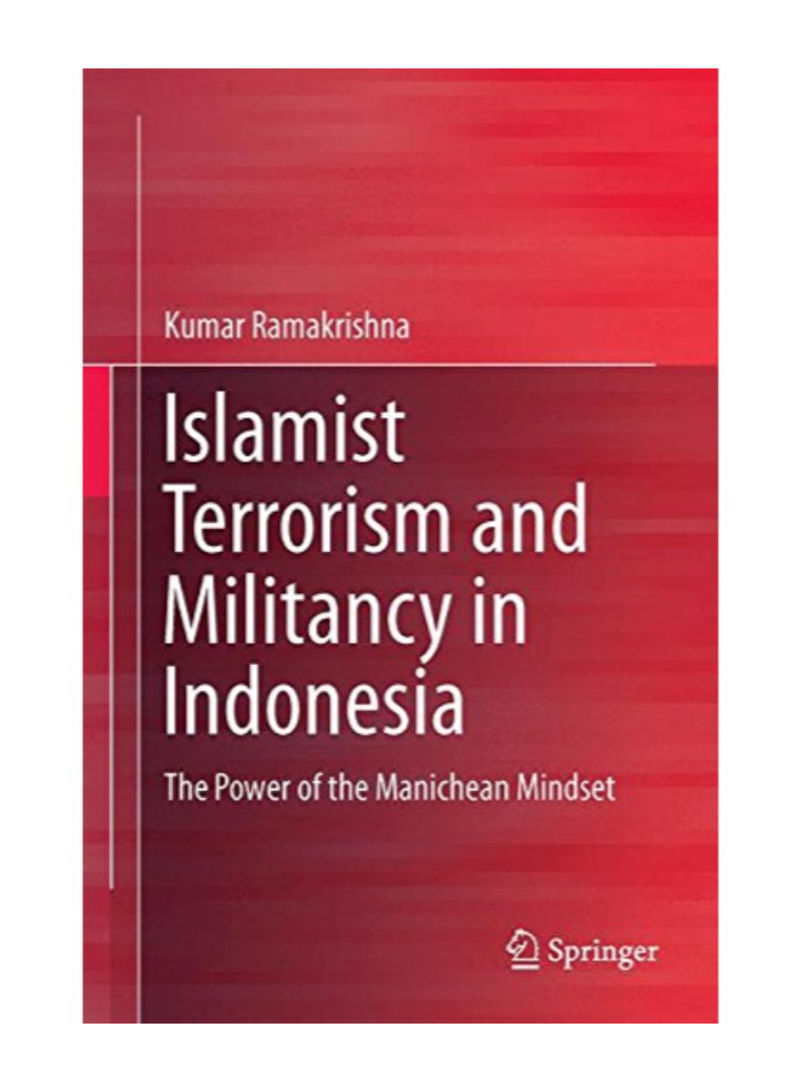Islamist Terrorism And Militancy In Indonesia Hardcover
Recommend
Sort by
Rating
Date
Specifications
Author 1
Kumar Ramakrishnan
Book Description
Drawing upon insights from the natural and social sciences, this book puts forth a provocative new argument that the violent Islamist threat in Indonesia today derives its stubborn resilience from being in essence a complex, adaptive and self-organizing system – or what some specialists might even call a super-organism. The book challenges the popular assumption that ideology is the root cause that explains why Indonesian Islamists radicalize into violent extremism. In addition it addresses why despite years of intense security force pressure, seemingly disparate militant cells keep ‘popping up’ like the proverbial hydra - and in the apparent absence of a centralized coordinating body, nevertheless appear to display an organic interconnectivity with one another. Going beyond standard ideological mantras the book argues that fresh inter-disciplinary thinking is needed to cope with the constantly mutating violent Islamist challenge in Indonesia, and puts forth a comprehensive strategy for doing so. It will be of interest to academics and students of terrorism, religion and violence in the Southeast Asian region.
ISBN-13
9789812871930
Language
English
Publisher
Springer Verlag, Singapore
Number of Pages
269
Editorial Review
A few books are a „must-read“ for everyone who specializes in Islamism and militancy, but also looks for broader explanations of human behaviour. Kumar Ramakrishna's „Islamist Terrorism and Militancy in Indonesia – The Power of the Manichean Mindset“ is one of these books. ... The book is excellently written and opens up new thought-venues on the emergence of political violence. ... It is highly interesting to read, not only for experts, but also for a broader audience who are looking for a well explained overview of the social mechanisms that lead to the formation of groups and socio-collective identities, and from this vantage point to group-violence. (Dr. Philipp Holtmann, historian, author, scholar of Middle-East-Studies, April 2015)





